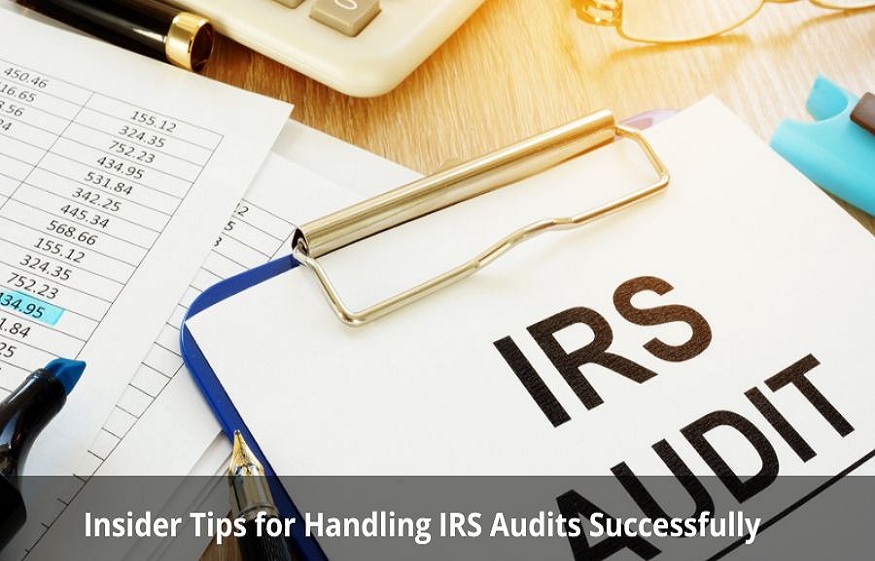Getting a letter from the IRS notifying you of an audit can cause considerable stress, particularly if you own a small business. You have been spending a considerable amount of time running your business to avoid issues. So, knowing you are being audited can be especially challenging. Fortunately, tax audits are rare. Just a few small businesses go through them. But the chances of being audited have been growing over the years. Thankfully, you can avoid IRS audits if you partner with an experienced tax accountant in Westchester County, NY. An accountant is aware of the common audit triggers and ensures you avoid them. They can prepare and file your taxes with the utmost accuracy. To avoid tax audits, here are some tips you should take seriously:
Double Check Your Financial Documents
Even minor errors in your documents can cause the IRS can dig deeper into them. For instance, the numbers in a Form 1099 should match the numbers on your tax return. The IRS gets the 1099 form and if mismatches exist, the agency will have to examine your tax return more closely than usual. Math mistakes will cause also cause concern. Using a tax accountant or software can help your company avoid such red flags.
Do Not Report a Business Loss
As a business owner, you want to make the most out of your business expenses, but reporting losses yearly will get the attention of the IRS. An audit can happen if you report losses more than twice every five years. The tax department wants to make sure your small business losses result from actual business functions; instead of, avoiding taxes in other areas. If you claim losses every year, the IRS may classify your small business as a hobby, not a money-making venture.
Give Reasonable Shareholder Salaries
If you pay salaries to shareholders, ensure they are not too low or too big. Paying yourself or your managers salaries may let you avoid corporate taxes; however, there should be a limit to it. Review what an executive deserves to get as compensation in your industry and use this figure as a baseline. Offer fair wages for the work being done to reduce your risk of a tax audit.
Classify Employees Correctly
If your company works with more independent contractors than the number of employees you have, this can get the attention of the IRS. Some business owners intentionally classify employees as independent contractors to avoid taxes and benefits. But this is a costly mistake. Make sure to review the guidance of the IRs on worker classification. But you can reduce your risk of misclassification if you have an accountant on your side.
File Your Tax Returns on Time
Not filing your tax returns on time increases your risk of an IRS audit. Filing late means your tax return won’t be processed with the returns of other taxpayers. This can mean the tax department can have more time to examine your return for possible errors. Filing your returns early or on time helps you avoid paying late fees and interest on the amount owed.
Do Not Report Estimated or Rounded Numbers
Estimated or rounded numbers can indicate that you only guessed your expenses or income. For the IRS, this can mean incorrect information reporting. Reporting numbers can indicate dishonesty or lack of records. To ensure you don’t convey such messages to the tax department, report the numbers without rounding them off.
Report Tax Deductions Accurately
If you use certain deductions, the IRS will examine your returns more closely. Such deductions are usually misused, so they tend to warrant a closer look. They include home office deductions, meals and travels, and charitable donations. Work with your accountant to ensure the accuracy of your reports.




